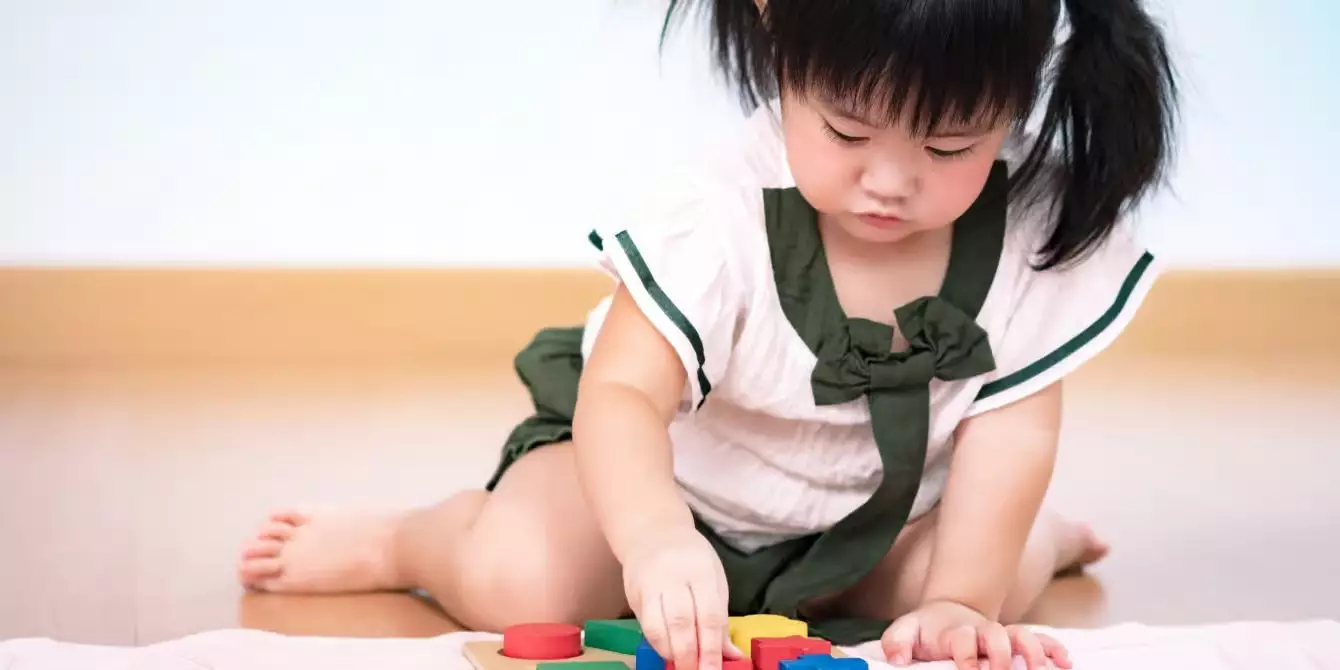As a parent, watching your child evolve into their own unique individual is one of the most exhilarating experiences life has to offer. The vibrant world of a two-year-old is filled with dramatic opinions and preferences that they express loudly and proudly. They exhibit immense enthusiasm for asserting their choices, whether it’s demanding “more blueberries!” during snack time or insisting that “no socks!” should accompany their favorite outfit. This passionate push for independence forms a vital part of their development, marking a significant phase in their early life. The challenge for parents lies in nurturing this newfound autonomy while also guiding them through the complexities of the world around them.
Enriching Activities to Foster Growth
Supporting your little one’s quest for independence doesn’t have to be arduous; it can be infused with a plethora of fun and engaging activities. These carefully selected projects not only entertain but also lay the foundation for essential skills in sensory development, coordination, and creativity.
One of the simplest and most effective strategies is the creation of scented playdough. By incorporating comforting aromas like vanilla or lavender into homemade dough, parents can provide a stimulating sensory experience as their child kneads and shapes the materials. This activity can ease stress while enhancing fine motor skills, allowing kids to engage their imaginations. Moreover, the use of household items such as forks or cookie cutters can further ignite interest in various shapes and textures.
The Magic of Sensory Exploration
Sensory bins present another captivating opportunity for young children to delve into the magic of discovery. Fill a shallow container with materials like dried rice, beans, or kinetic sand, then immerse a few favorite toys within. This playful interaction leaves room for exploration as children’s hands dig, sift, and touch the diverse textures. Natural items—such as acorns, leaves, and pinecones—can be added for outdoor adventures, blending learning with sensory delight.
For a dynamic twist on sensory play, freezing toys within ice cubes as a playful challenge allows toddlers to practice problem-solving and fine motor skills. Providing them with tools like spoons or paintbrushes to chip away at the ice turns into an adventurous mission. Can they rescue their beloved toys before the ice melts?
Building Skills Through Games
In addition to sensory activities, structured games can provide valuable learning opportunities. One such engaging game involves scattering paper or cardboard shapes around the house for a delightful scavenger hunt. This encourages not only shape recognition but also gross motor skills as toddlers scurry to collect the triangles, circles, and stars.
The importance of literacy development at this age cannot be overstated. Simple tools like flashcards showcasing uppercase and lowercase letters can help boost your child’s letter recognition through interactive matching games and personalized activities. Finding letters in their own names adds a personal connection to the learning process.
Sharing Special Moments Together
For an enriching experience that transcends regular playtime, consider taking your two-year-old out for a “mini-date” at a nearby café. This not only affirms their growing independence but also provides cherished moments of quality time. Engage in casual conversations about your day, savor a snack together, or observe the surroundings. This experience bridges the gap between their world and adulthood, nurturing their sense of belonging.
Cultivating Creativity and Coordination
Artistic expression is another important area for toddlers to explore. Consider dyeing dried rice using food coloring, creating vibrantly colored projects that they can glue onto paper. This process offers a sensory-rich experience while honing fine motor skills through art.
Incorporating physical activities like constructing a racing maze with painter’s tape allows toddlers to navigate their way with toy cars or scooters. Such activities require balance, coordination, and an understanding of spatial awareness—all crucial skills as they engage their bodies in movement.
Meaningful Touchpoints in Daily Life
Involving toddlers in household chores can evoke a sense of contribution and responsibility. Providing them with mini broom sets that match their size allows them to actively participate in tidying up the home, often reinforcing their delight in being helpful.
Finally, nurturing imaginative play with themed kits such as doctor sets can spark creativity while enabling them to engage in storytelling or role-play. Letting them tend to their dolls and stuffed animals with toy medical tools fosters empathy and expands their understanding of the world.
Engaging with your child at this formative stage is about more than just survival—it’s about fostering a love for learning, creativity, and independence. By leveraging play and daily opportunities, you’re cultivating their future while cherishing the present.

